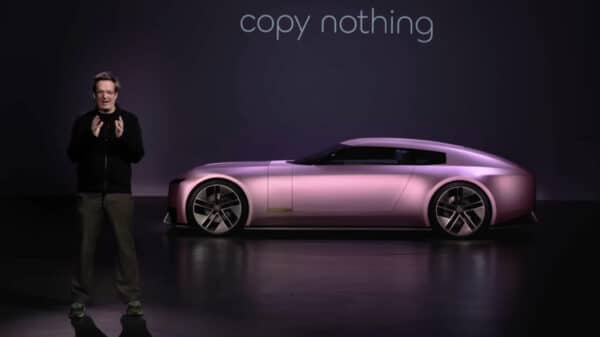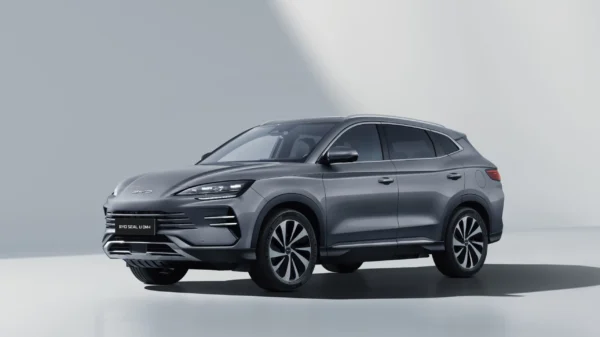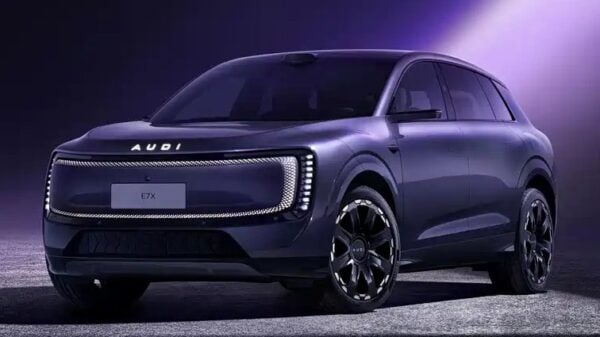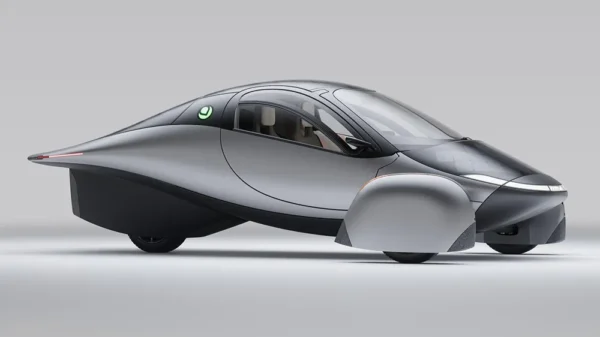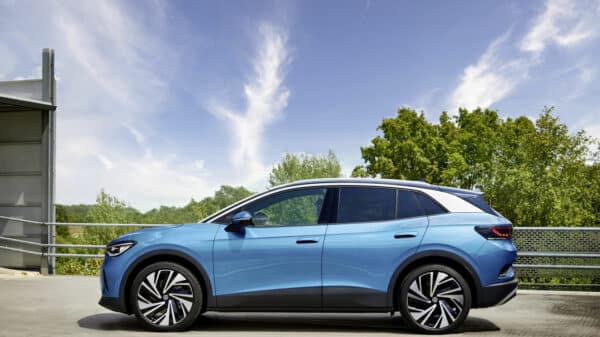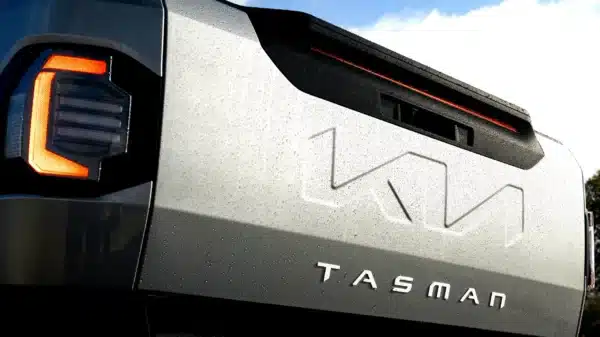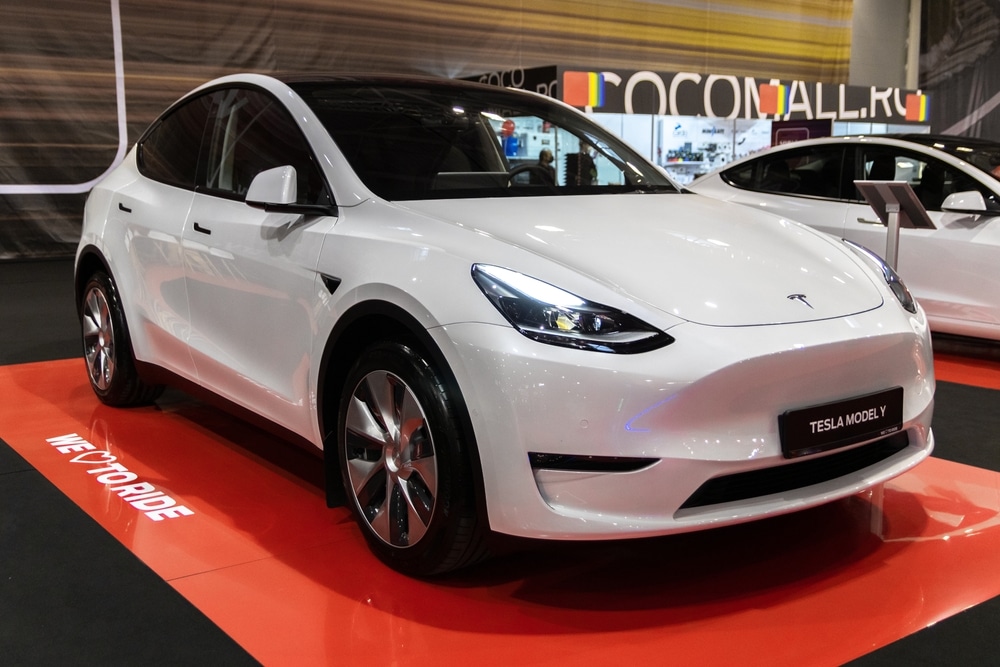A recent revelation from an independent repair shop in Port Kennedy, Australia, has spotlighted a remarkable 2021 Tesla Model 3, which has achieved an astonishing mileage of 254,619 miles (409,770 kilometers). This single-owner electric vehicle (EV) has performed valiantly throughout its life, retaining its original electric motor and battery—an area where traditional combustion vehicles often struggle.
Battery Degradation: An Eye-Opener
The battery statistics pulled during a routine inspection revealed that this Model 3’s lithium iron phosphate (LFP) battery still boasts an estimated state of health between 88% and 90%. Such numbers indicate that it has only experienced a degradation of roughly 10% to 12% despite being subjected to the rigors of daily use, primarily as a ride-share vehicle.
Comparing Electric and Gas Vehicles
In stark contrast, a conventional gasoline car with comparable mileage would likely require substantial engine and transmission component replacements after over 255,000 miles. This highlights one of the significant advantages of EV technology: the reduced complexity and maintenance needs. With fewer moving parts, combined with a reliable battery, high mileages become less detrimental.
Charging Habits Play a Crucial Role
A fascinating aspect of this vehicle’s longevity is its charging history. The owner primarily relied on AC charging, utilizing 71% of energy from this source, which is believed to positively influence the battery’s longevity. Studies suggest that limiting the use of DC fast chargers can significantly extend the life of lithium-ion batteries, although the effects can vary across battery chemistries. The durability of LFP batteries, known for their resilience and lower manufacturing costs, could explain the impressive performance of this car over the years.
A Simple Fix for a Big Concern
What initially prompted the visit to the repair shop was a minor issue: a set of motor mounts needed replacement. This minor repair showcases the reliability of Tesla’s engineering and the relative ease of maintaining electric vehicles compared to their gas counterparts.
Conclusion: What This Means for Future EV Owners
This impressive case not only provides valuable insights into the longevity of electric vehicles but also reinforces the importance of good charging habits. For current and prospective EV owners, understanding factors such as battery chemistry and maintenance practices can lead to significant benefits over the vehicle’s lifespan. As electric vehicles become more prevalent, stories like this foster confidence in the technology and its sustainability for everyday use.
Image Source: Tudor Alexandru / Shutterstock






